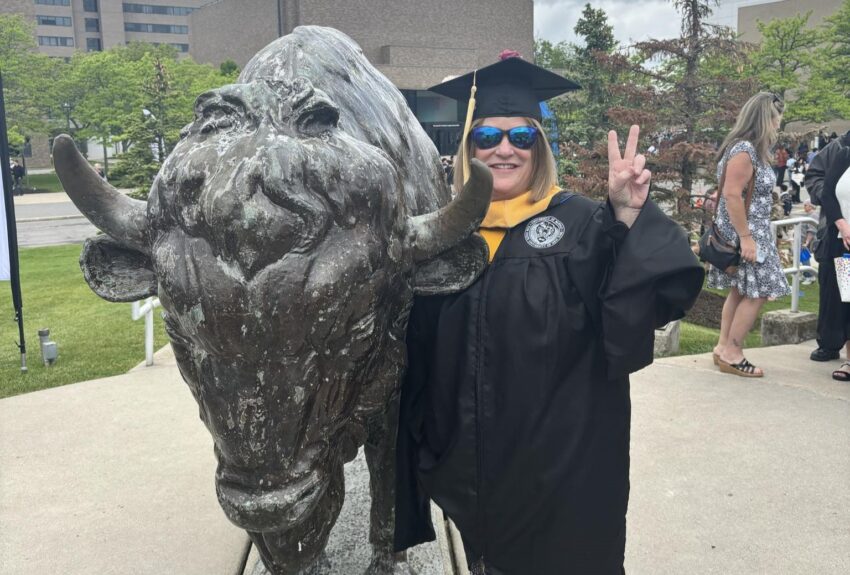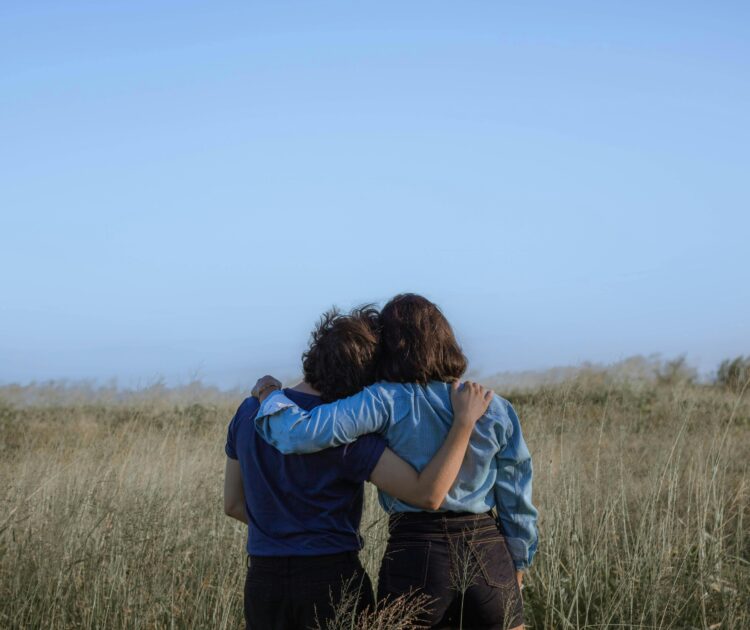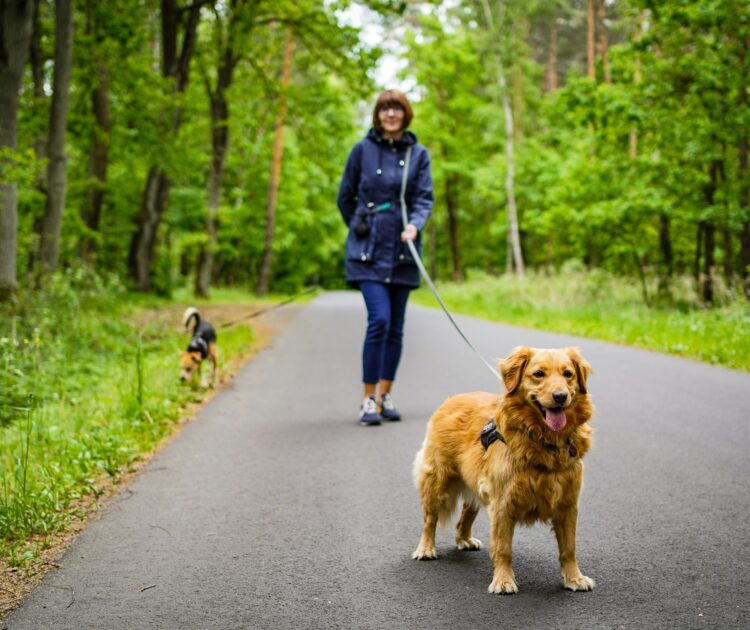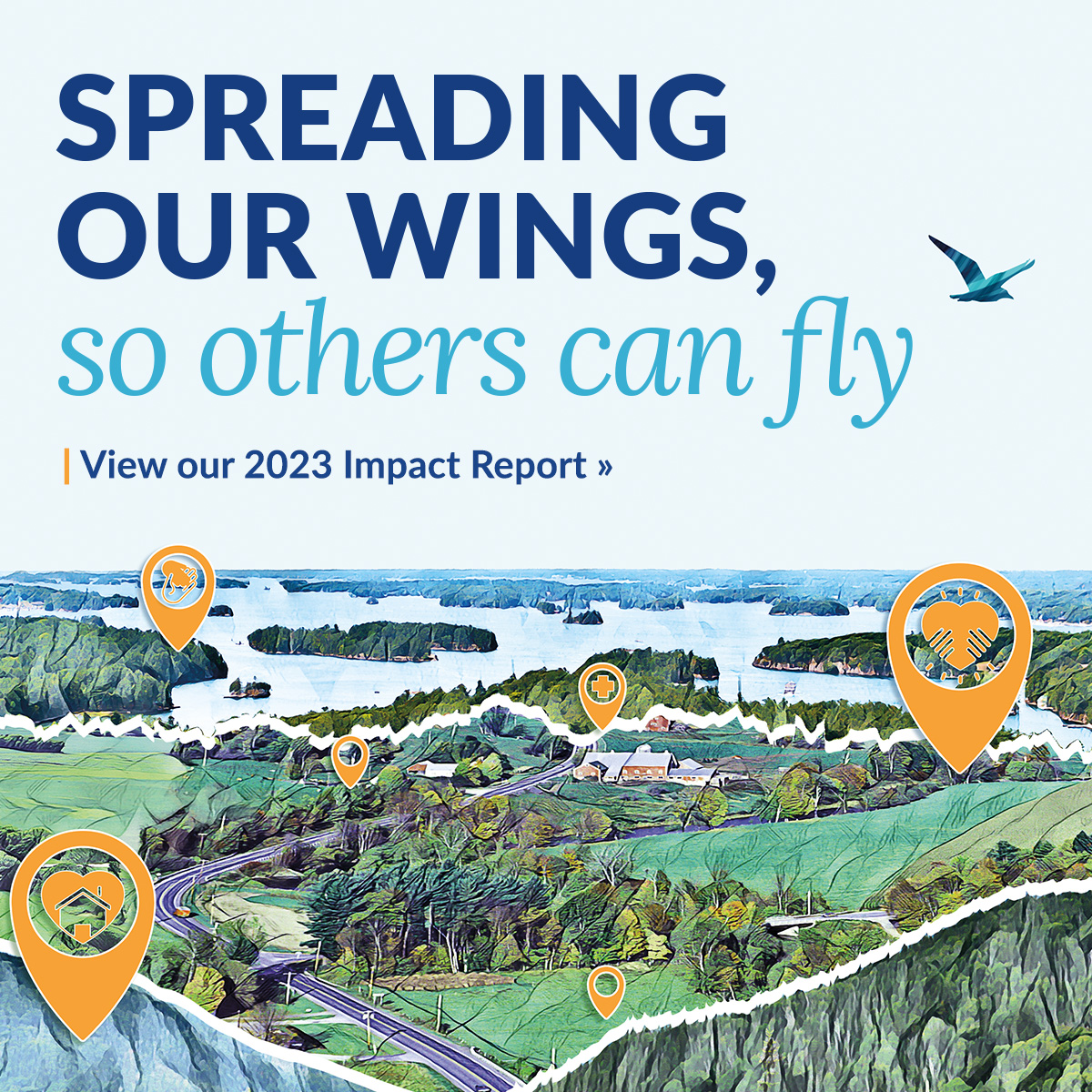Sandra Glastetter celebrates her graduation from the University at Buffalo with a Master of Social Work degree. She utilized Citizen Advocates’ Tuition Assistance Program to help fund her education.
Welcome to One Team, a series of Q&As shining a light on outstanding members of Citizen Advocates’ 800-strong workforce that stretches from Lake Champlain to Lake Ontario.
A native of Voorheesville in New York’s Capital Region, Sandra Glastetter had never heard of Malone before agreeing to an interview at Citizen Advocates’ Malone Outpatient Behavioral Health Clinic. “I’m not a person who likes change, but I thought, okay, I’ll take a drive up there,” she said. “When I got here, there was something so homey about Malone. Before I left, I realized, I want this job.” Five years later, Ms. Glastetter is one credit shy of completing her Master of Social Work from the University of Buffalo with help from Citizen Advocates’ Tuition Assistance Program.
Below is her story in her own words.
As an alcoholism and addiction counselor, why did you decide to pursue your Master of Social Work?
I was finishing my bachelor’s degree when I started at Citizen Advocates, and someone told me the agency will help pay for a degree through the Tuition Assistance Program. I had just done four years of school, but there was so much knowledge that I didn’t have – mental health, treatment modalities, all the stuff you don’t learn as a CASAC [Credentialed Alcoholism and Substance Abuse Counselor].
So, three years ago I started on my master’s. It’s allowed me to learn so much more about trauma and the connections between mental health and addiction. Often, addiction is just what you do to cope with the trauma you’ve experienced in your past.
Financially, the Tuition Assistance Program has helped so much. It’s been fantastic.
How did you start working as a counselor?
I was an addict until about the age of 40. I had always worked, but it was never something that I liked doing; I just worked anywhere I could find a job. Through my time in rehabs, I learned what an addiction counselor did and thought, I can do that. So, I took a CASAC course from the Addictions Care Center of Albany. I finished that in a little over a year. Then completing my certification took about five years.
What does your job entail?
CASACs provide addiction care – prevention, treatment, counseling – to individuals and groups. A lot of the job is simply being there for clients, acknowledging their struggles and listening to them. Many people don’t understand how difficult overcoming addiction is. You can’t just stop using drugs. If you could, people wouldn’t be losing their homes and families over them.
How does your personal experience influence your work?
I know what our clients are going through – every stage of it. I’ve been there; I can feel it. Right now, I’m completing my master’s internship at the Malone Behavioral Health Urgent Care Center. There, you see people right when they’re first asking for help. I tell them I’ve been there; I understand what they’re going through.
Those of us in recovery can be powerful examples. Maybe the client won’t get clean right away, but we’ve planted the seed. They see me and they can see that there is hope.
How do alcoholism and addiction counselors collaborate with therapists, peers and other members of the clinic team?
One of the things I like most about Citizen Advocates is how all our services work together. As a team, we share notes and get a sense of what a client is like in different environments. So often, folks come to us with basically nothing. Why bother getting sober if that’s your situation? Our targeted case managers and peer support specialists are great about creating a support system for clients that sets them up for success.
Working in addiction recovery and mental health can be challenging. How do you maintain a positive work-life balance?
You have to take care of yourself and enjoy life. I get massages every month, get my nails painted, my hair done, go to the gym.
Alcoholics Anonymous has also taught me so much about how to live. Most addicts stop emotional growth at the age they started using. If that was when you were 15 years old, that’s where you’re frozen. I’ve learned so much about patience and tolerance from AA meetings, how to move on and not let my past be a stigma. I don’t go to them because I’m afraid I’m going to drink or do drugs, I go to get a knowledge and understanding of myself.
Where do you see yourself in five years?
I never thought I’d be in this position, helping other people. I love it, I never want to stop. There’s no retirement in the Bible, I always say.
If you’re interested in learning more about a career at Citizen Advocates, visit citizenadvocates.net/careers.


 Previous Post
Previous Post


